
Aug . 15, 2025 00:20 Back to list
Organic Manure Compost: Natural NPK Fertilizer for Healthy Plants
The Evolving Landscape of Sustainable Fertilization in Modern Agriculture
The agricultural sector is undergoing a profound transformation, driven by an increasing global demand for food security coupled with an urgent need for environmental sustainability. This paradigm shift emphasizes practices that not only maximize crop yield but also preserve soil health, reduce ecological impact, and ensure long-term productivity. In this context, the integration of organic components into conventional nutrient management strategies has become paramount. Progressive npk fertilizer company entities are now focusing on innovative solutions that merge the precise nutrient delivery of mineral fertilizers with the soil-enhancing benefits of organic materials. This strategic combination addresses the complex challenges of modern farming, promoting balanced soil ecosystems and resilient crop growth while minimizing nutrient loss and mitigating environmental pollution risks.
At the forefront of this innovation is the development of advanced NPK compound fertilizers that incorporate bio-available organic matter. Unlike traditional chemical fertilizers that primarily focus on supplying macronutrients, these next-generation formulations recognize the critical role of soil organic carbon and microbial activity in nutrient cycling and plant vitality. Our NPK Compound Fertilizer, developed through High Tower Granulation and Tumbling Granulation processes, represents a significant leap forward. It combines essential NPK elements with carefully processed organic manure compost, creating a synergistic effect that promotes robust plant development and enhances overall soil fertility. This approach not only ensures efficient nutrient uptake but also contributes to improved soil structure, water retention, and microbial biodiversity, laying the foundation for sustainable and productive agricultural systems globally.
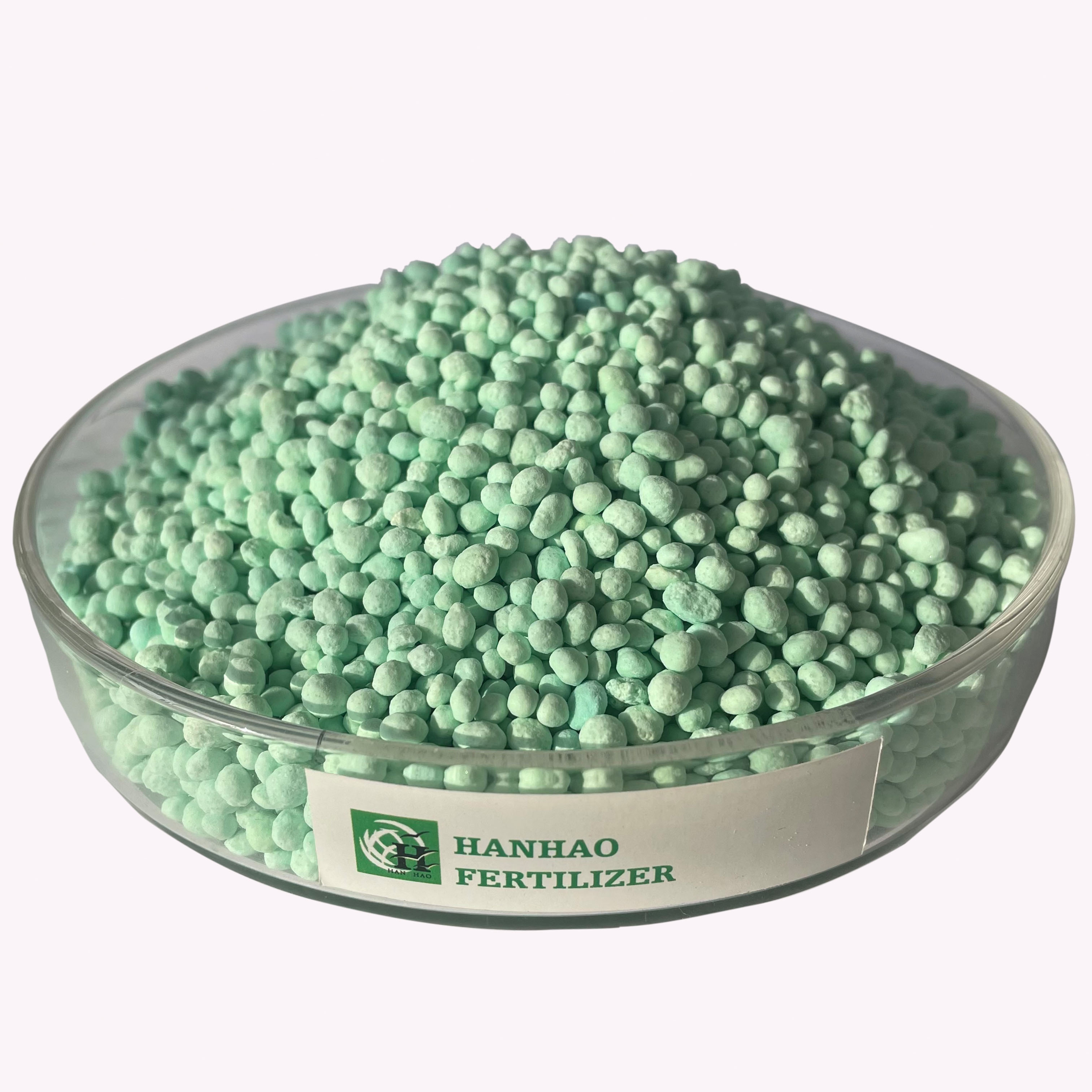
Understanding NPK Compound Fertilizers with Organic Integration
An npk compound fertilizer is a multi-nutrient formulation providing nitrogen (N), phosphorus (P), and potassium (K) in a single granule, designed to offer balanced nutrition for crops throughout their growth cycle. While common npk fertilizer variants typically supply these macronutrients in mineral forms, our advanced products integrate high-quality organic manure compost. This integration leverages the inherent benefits of organic matter, which include improving soil structure, enhancing water retention capacity, fostering beneficial microbial populations, and acting as a slow-release nutrient reservoir. The organic fraction ensures a more sustained and efficient nutrient delivery, reducing losses due to leaching or volatilization, a common challenge with purely mineral fertilizers.
The technical parameters of our NPK Compound Fertilizers with organic integration are meticulously controlled to ensure optimal performance. Typical NPK ratios range from 15-15-15 to 17-17-17, 20-10-10, or customized ratios like 12-12-17+2MgO, all formulated to meet specific crop requirements and soil conditions. Nutrient forms are selected for high bioavailability, while moisture content is kept below 1.5% to ensure stability and handling ease. The incorporation of organic manure compost also contributes vital micronutrients and humic substances, which further enhance nutrient uptake efficiency and overall plant health. For instance, the carbon-to-nitrogen ratio (C:N) in the organic component is critical for microbial activity and nutrient mineralization. Below is a table outlining key parameters for high-quality organic components typically integrated into our fertilizers, ensuring they contribute effectively to soil vitality and crop productivity.
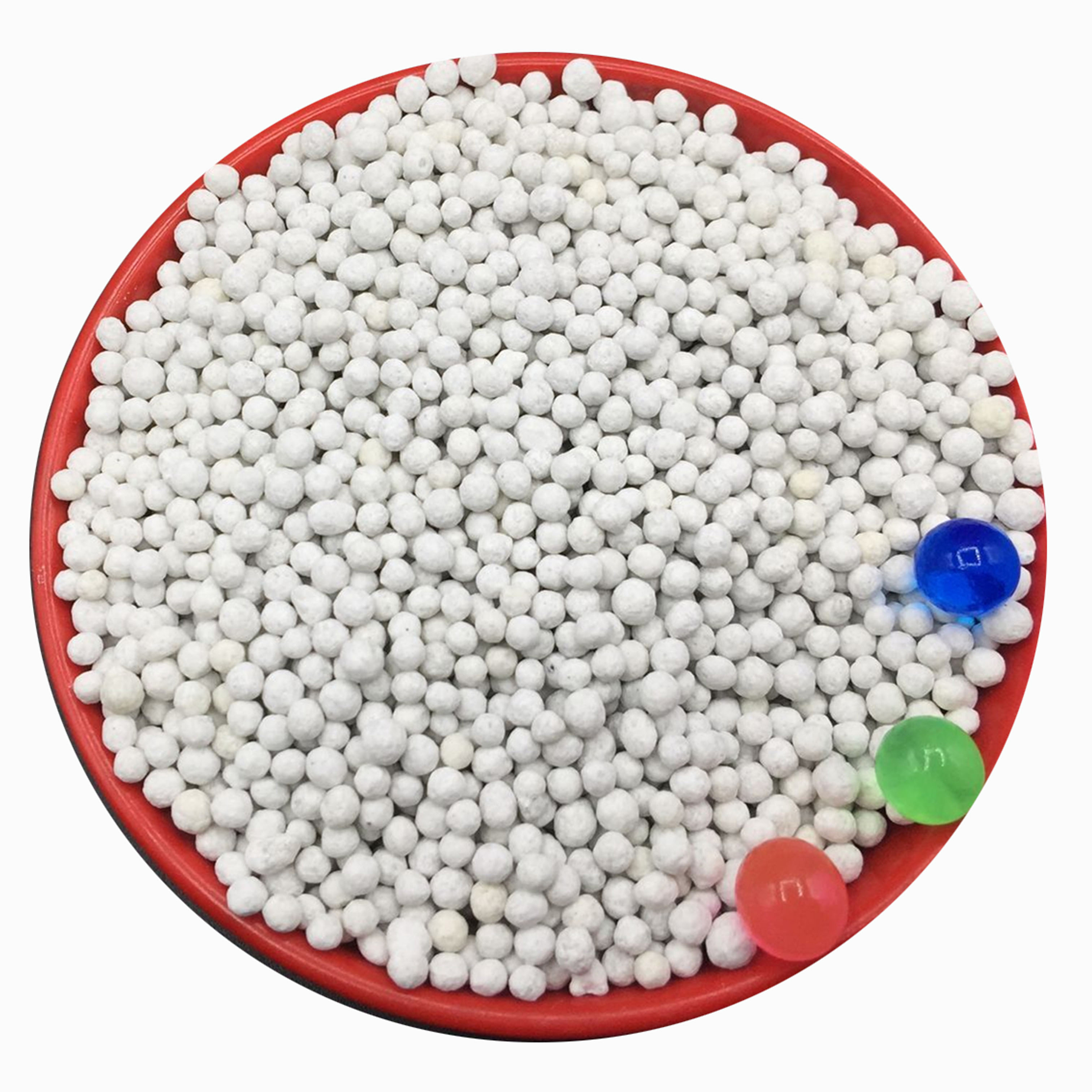
Table 1: Key Parameters of Quality Organic Components in NPK Fertilizers
Advanced Manufacturing Processes: High Tower & Tumbling Granulation
The production of our NPK Compound Fertilizer with integrated organic manure compost relies on state-of-the-art granulation technologies: High Tower Granulation and Tumbling Granulation. Each method offers distinct advantages in producing uniform, high-quality granular fertilizers. High Tower Granulation is an advanced process where a concentrated melt of nutrient raw materials is sprayed from a high tower, solidifying into spherical granules as it falls through cooling air. This method yields highly uniform, smooth, and dust-free granules with exceptional crushing strength, minimizing segregation during handling and application. The precise control over particle size distribution ensures even spreading and consistent nutrient delivery across the field, leading to more uniform crop growth and higher yields.
Tumbling Granulation, also known as drum granulation, involves rotating a drum where fertilizer materials (including mineral components and pre-processed organic manure compost) are continuously tumbled and agglomerated with a binding agent. This process allows for greater flexibility in incorporating various raw materials, including bulk organic components, ensuring their homogeneous distribution within each granule. Both granulation methods are subject to stringent quality control measures, adhering to international standards such as ISO 9001 for manufacturing excellence and specific agricultural product testing standards to ensure nutrient content accuracy, heavy metal safety, and proper physical characteristics. The durability and structural integrity of granules produced by these methods ensure a longer service life in terms of nutrient release patterns, providing sustained nutrition for crops over extended periods.
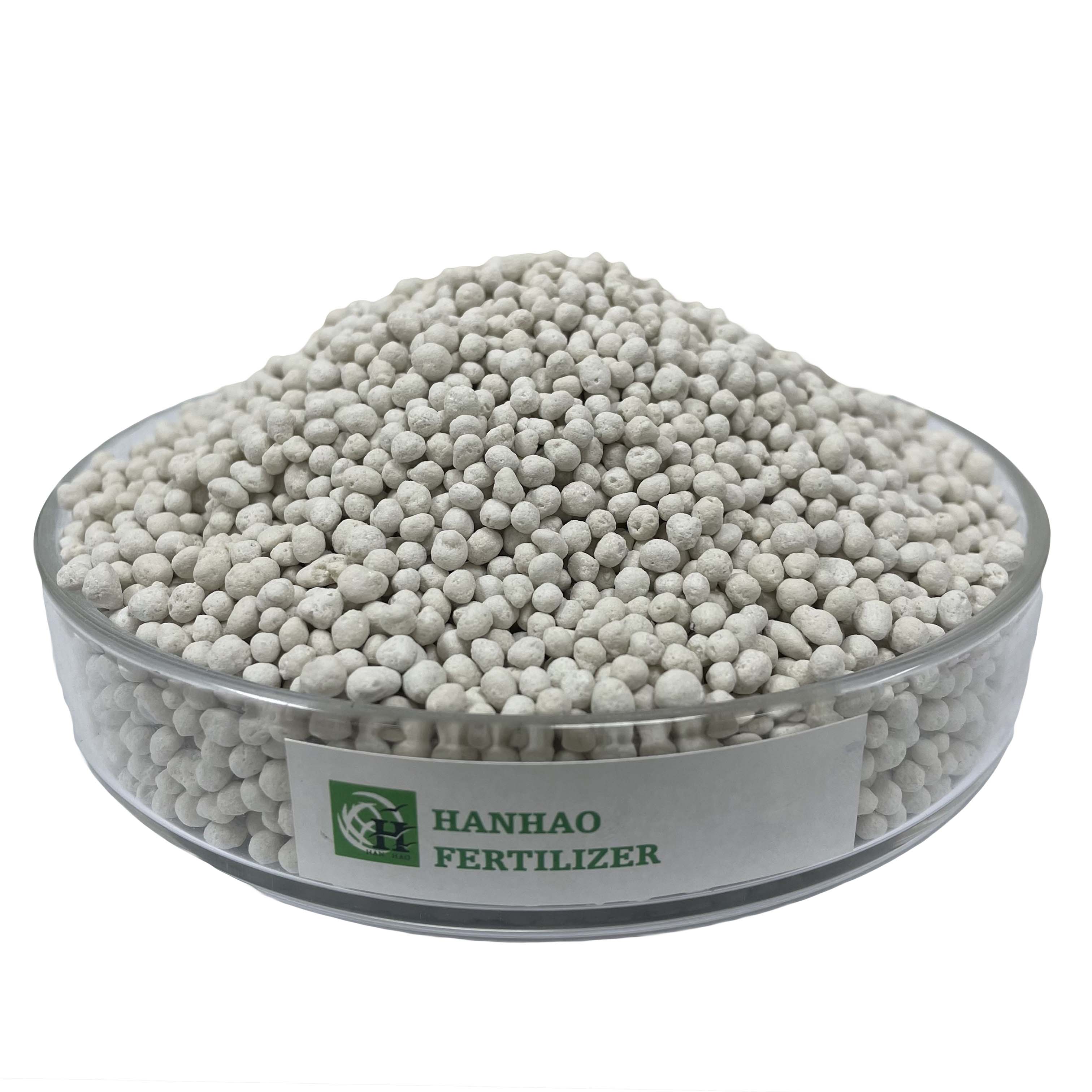
Application Scenarios and Technical Advantages
Our NPK Compound Fertilizer granular products are designed for broad applicability across various agricultural sectors and growing conditions. They are ideally suited for field crops such as corn, wheat, rice, and soybeans, where uniform nutrient distribution is crucial for large-scale production efficiency. In horticulture, including fruit orchards, vineyards, and vegetable farms, the balanced nutrient profile and slow-release characteristics offered by the incorporated organic manure compost ensure consistent growth and improved produce quality. Furthermore, for landscaping and turf management, these fertilizers contribute to robust root development and vibrant foliage, promoting long-term health and aesthetics. The versatility extends to various soil types, providing essential nutrition while simultaneously building soil health, a critical aspect often overlooked by conventional mineral fertilizers.
The technical advantages of integrating organic manure compost into an NPK formulation are manifold. Firstly, it enhances nutrient use efficiency (NUE) by minimizing leaching and volatilization, particularly for nitrogen, whether it's from ammonium nitrate or urea como fertilizante components. The organic matter acts as a chelating agent, making micronutrients more available to plants and reducing nutrient fixation in the soil. Secondly, it significantly improves soil health parameters such as aggregate stability, water infiltration, and aeration, which are vital for root respiration and nutrient uptake. This leads to stronger, more resilient plants better equipped to withstand environmental stresses like drought. Ultimately, this comprehensive approach translates into higher yield potential, improved crop quality, and a reduced environmental footprint, aligning with global sustainable agriculture goals and contributing to a healthier ecosystem.
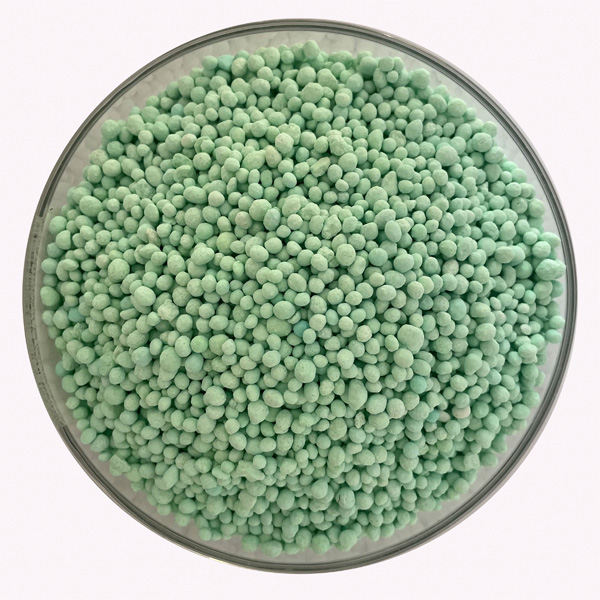
Manufacturer Comparison and Customization Solutions
When selecting an npk fertilizer company, several critical factors distinguish industry leaders from general suppliers. A reputable manufacturer, like us, prioritizes rigorous Research & Development, ensuring that our NPK Compound Fertilizers with organic manure compost are scientifically formulated and tested for maximum efficacy. Our commitment to stringent quality control, from raw material sourcing to final product inspection, is paramount. We hold certifications such as ISO 9001, demonstrating our adherence to international quality management systems. Furthermore, technical support and comprehensive after-sales service are hallmarks of a reliable partner, providing clients with expert advice on product application, soil analysis interpretation, and customized nutrient management plans.
Our capability extends to offering highly customized NPK formulations. Based on detailed soil analyses, specific crop requirements, and local climatic conditions, we can develop bespoke NPK ratios and organic content levels to optimize nutrient delivery and maximize yield potential. This tailor-made approach ensures that our clients receive a fertilizer solution precisely matched to their agricultural needs, leading to improved resource efficiency and economic returns. The flexibility in our High Tower and Tumbling Granulation processes allows us to adjust formulations to specific granular sizes and nutrient release characteristics, providing a truly differentiated product compared to generic common npk fertilizer offerings.
Table 2: Comparison of Granulation Technologies for NPK Compound Fertilizers
Real-World Impact: Application Cases and Customer Success
Our commitment to delivering superior NPK Compound Fertilizers with organic manure compost is best illustrated through the tangible successes of our clients. For instance, a large-scale corn farm in the Midwest faced challenges with declining soil organic matter and diminishing yields despite conventional fertilization. Following a detailed soil analysis, we recommended a customized NPK formulation with 17% organic carbon, applied at a precise rate during planting. Over two growing seasons, the farm reported a consistent 15% increase in corn yield per acre, accompanied by a noticeable improvement in soil aggregation and water infiltration, verified through regular soil tests. This case demonstrates the power of holistic nutrient management.
Another notable application involved a horticultural greenhouse operation specializing in high-value vegetables. They observed issues with root development and nutrient lockout in their substrate. By switching to an NPK compound npk fertilizer incorporating a higher percentage of humic-rich organic manure compost, they experienced a significant improvement in nutrient availability and uptake, leading to visibly healthier plants, increased biomass, and a 20% reduction in specific micronutrient deficiency symptoms. These testimonials underscore our products' reliability and efficacy, built upon years of experience in the fertilizer industry. Our service team collaborates closely with clients, providing ongoing support to ensure optimal product performance and long-term agricultural sustainability.
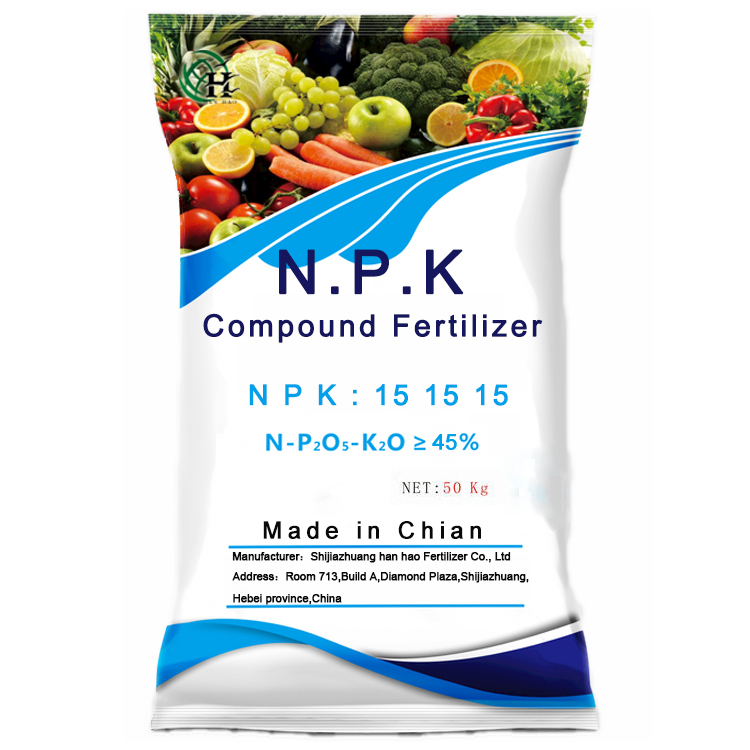
Authoritativeness and Trustworthiness: Our Commitment to Excellence
Our position as a trusted provider of advanced NPK Compound Fertilizers is built on a foundation of unyielding quality assurance and transparent business practices. We adhere to rigorous international standards, with our manufacturing processes certified under ISO 9001:2015 for Quality Management Systems. Each batch of our NPK Compound Fertilizer granular products, whether produced via High Tower or Tumbling Granulation, undergoes comprehensive laboratory testing for nutrient content, purity, physical properties, and absence of harmful substances, ensuring compliance with global agricultural regulations. Our commitment to traceability means every product can be tracked from raw material sourcing through to delivery.
We offer a clear and reliable delivery cycle, typically ranging from 15-30 days depending on order size and destination, supported by efficient logistics to ensure timely receipt of products. A comprehensive quality guarantee backs our products, ensuring they meet the specified technical parameters upon arrival. Our dedicated customer support team is available to address any inquiries, provide technical guidance, and offer post-sales assistance, reinforcing our dedication to client satisfaction and long-term partnerships. For nearly two decades, we have been serving the global agricultural community, building a reputation for reliability, innovation, and sustainable solutions.
Frequently Asked Questions (FAQ)
-
Q: What distinguishes your NPK Compound Fertilizer with organic manure compost from conventional types?
A: Our fertilizer combines precise mineral nutrition with the long-term benefits of organic matter. This leads to improved soil structure, enhanced microbial activity, and more efficient nutrient cycling, which purely mineral fertilizers cannot achieve. It reduces nutrient leaching and provides a slow-release effect, optimizing plant uptake and minimizing environmental impact. -
Q: What are the typical NPK ratios available?
A: We offer a wide range of standard NPK ratios such as 15-15-15, 17-17-17, 20-10-10, and 12-12-17+2MgO. We also specialize in custom formulations tailored to specific crop needs and soil conditions, including varying levels of organic carbon and micronutrients. -
Q: How do your granulation methods impact nutrient release?
A: Both High Tower and Tumbling Granulation ensure uniform granule size and integrity. The inclusion of organic manure compost within these granules facilitates a more gradual and sustained release of nutrients, minimizing nutrient runoff and providing consistent plant nutrition over a longer period compared to fast-release options. -
Q: What is the recommended application rate?
A: Application rates vary significantly based on crop type, growth stage, soil analysis results, and climatic conditions. We strongly recommend conducting a detailed soil test and consulting with our technical experts for precise application guidelines tailored to your specific agricultural context. -
Q: Do you offer soil testing and customized formulations?
A: Yes, we provide comprehensive soil testing services and utilize the results to develop highly customized NPK compound fertilizer formulations. Our goal is to provide a nutrient solution that perfectly matches your soil's unique characteristics and your crop's exact requirements, maximizing efficiency and sustainability.
References
- Smith, J. L., & Doran, J. W. (1996). Measurement and use of pH and electrical conductivity for soil health assessment. Methods for Assessing Soil Quality, SSSA Special Publication, 49, 169-185.
- Brady, N. C., & Weil, R. R. (2017). The Nature and Properties of Soils. Pearson Education.
- Tisdale, S. L., Nelson, W. L., Havlin, J. L., & Beaton, J. D. (1993). Soil Fertility and Fertilizers: An Introduction to Nutrient Management. Macmillan College Publishing Company.
- Food and Agriculture Organization of the United Nations (FAO). (2006). The Importance of Soil Organic Matter: Key to Drought-resistant Soil and Sustained Food Production. FAO Soils Bulletin, 80.
- United States Department of Agriculture (USDA) National Organic Program. (2020). Program Handbook: Guidance for Organic Certification.
-
Organic 10-10-10 Fertilizer: Balanced NPK for Healthy Plants
NewsAug.27,2025
-
10 10 10 Organic Fertilizer: Balanced NPK for Healthy Plants
NewsAug.26,2025
-
Organic 10-10-10 Fertilizer: Balanced NPK for Healthy Plants
NewsAug.25,2025
-
Premium 15-30-15 Granular Fertilizer for Vigorous Growth
NewsAug.24,2025
-
Organic Amino Acid Fertilizer for Plants | Boost Growth & Yield
NewsAug.23,2025
-
Calcium Ammonium Nitrate (CAN) White Granular Agriculture Fertilizer
NewsAug.22,2025
